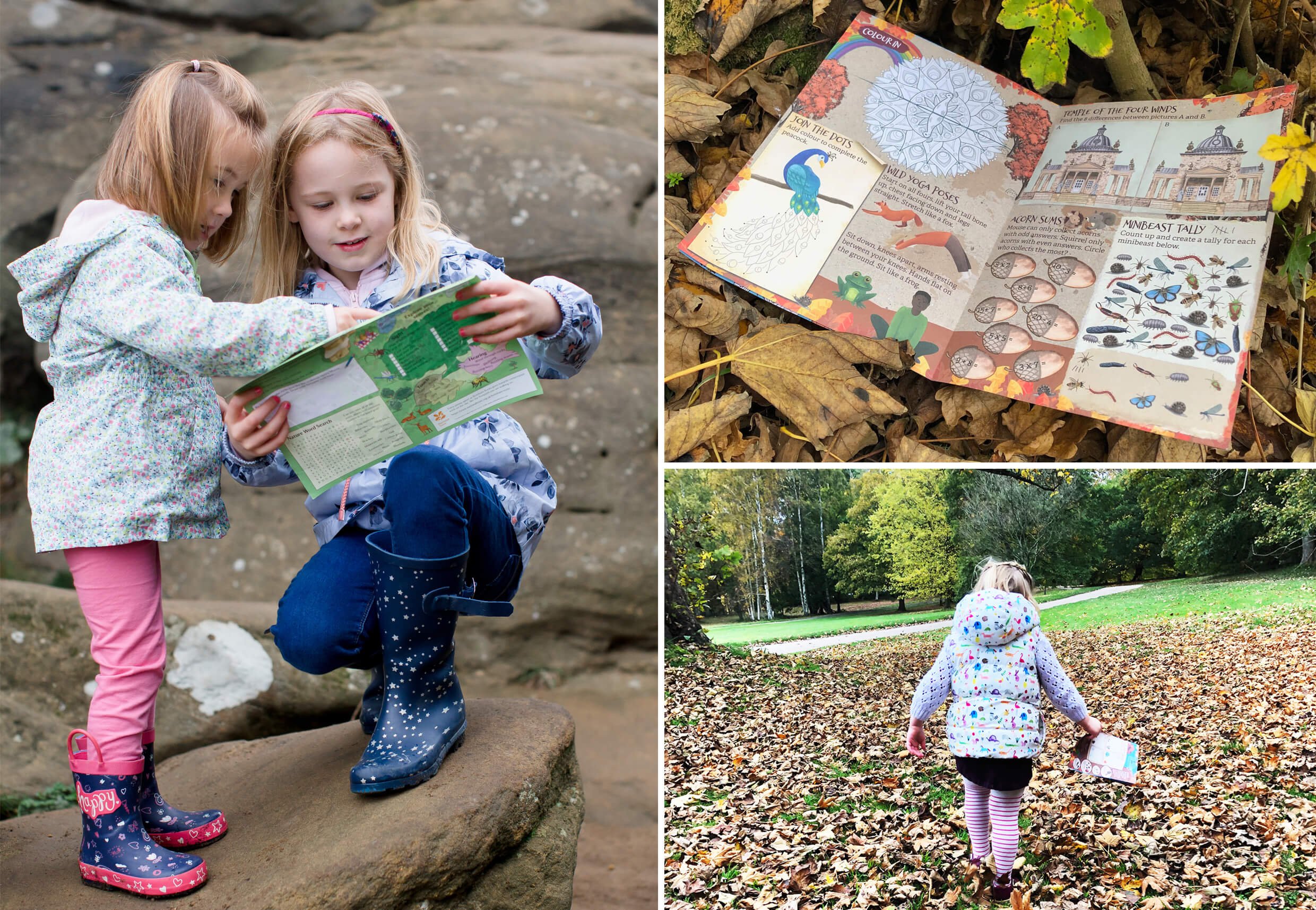Importance of Outdoor Play for Children
Children require exercise to develop physically and mentally. They need to explore, take risks, question, experiment, discover and imagine. These activities abound in the outdoors and are just some of the many benefits of interacting with nature.
Alarmingly, over the last 40 years, children have become increasingly separated from nature. Fewer than 10% of children play in natural areas. When today’s adults were children, the figure was 40%. *
We know that contact with nature is a source of wonder and inspiration for children of all ages and is essential to their healthy development. Research studies show that interacting with outdoor nature increases youth creativity, reduces stress, and can help children who suffer from attention deficit disorder. Children are happier, healthier, and more creative when they are connected to the natural world.
Outdoor play in nature fosters children’s intellectual, emotional, social, and physical development. Interacting with natural environments allows children to learn by doing and experimenting with ideas. In nature, children think, question, and make judgements – thereby developing inquisitive minds. Whether they are considering where insects go in winter or deciding what type of tree they are looking at, children are constantly thinking when they’re in nature. As they take risks, try, and fail and try again, they gain confidence and resilience.
There can be social benefits to playing outdoors also. In nature, children can play alone or connect with one another, learn to share, and problem-solve. When exploring outside, school-age children may not be near adults, which gives them the time to make up their own rules and solve their own problems without inhibition.
37% of children have not played outside by themselves in the past 6 months.*
Being outside feels good. Children are free to explore, make noise and move about – all great forms of self-expression that are often restricted indoors. Furthermore, nature enhances a sense of peace and can bring out nurturing qualities in children. Many energetic children slow down to dig a hole in the sand, watch a ladybird crawl or spend time playing with a stick in a mud puddle. A study commissioned by the Wildlife Trust found that 78% of parents are concerned that their children don’t spend enough time interacting with nature and wildlife.
Naturally, the benefits of outdoor play can have a big impact on a child’s physical development. The fresh air of the natural world is invigorating and offers endless opportunities for physical activity, which, in turn, builds strong bodies. Exposure to sunlight means children absorb vitamin D which has many positive benefits, including contributing to a strong immune system. Also, outdoor play allows a child to be more physically active than indoor play, potentially burning more calories and contributing positively to a child’s overall fitness. The government recommends that children should exercise for an hour a day. Only 16% of girls and 21% of boys exercise for an hour or more each day. *
Lastly, in addition to the individual benefits gained by being connected to nature, there are environmental benefits for all. We can raise adults who are passionate about protecting the environment and preserving our planet, but they must first develop a deep love for it. Research carried out by the Wildlife Trust found that 60% of children have never seen a peacock butterfly and 37% of children have never seen a hedgehog.
We believe the only way to enable children to grow comfortable in nature is to open the door and let them out to explore the wonder and awe of the natural world.
Our activity sheet Nature Detective has been specially designed for children to use all-year round. This exciting sheet contains a range of educational activities designed to encourage children to enjoy and learn more about the great outdoors. Exploring nature, whether it is in a window box, garden, forest, or parkland, helps children to develop their senses and brings them closer to their natural environment.
*Source of statistical information taken from a report written by the Wildlife Trust, figures from YouGov Plc.



